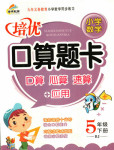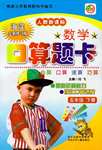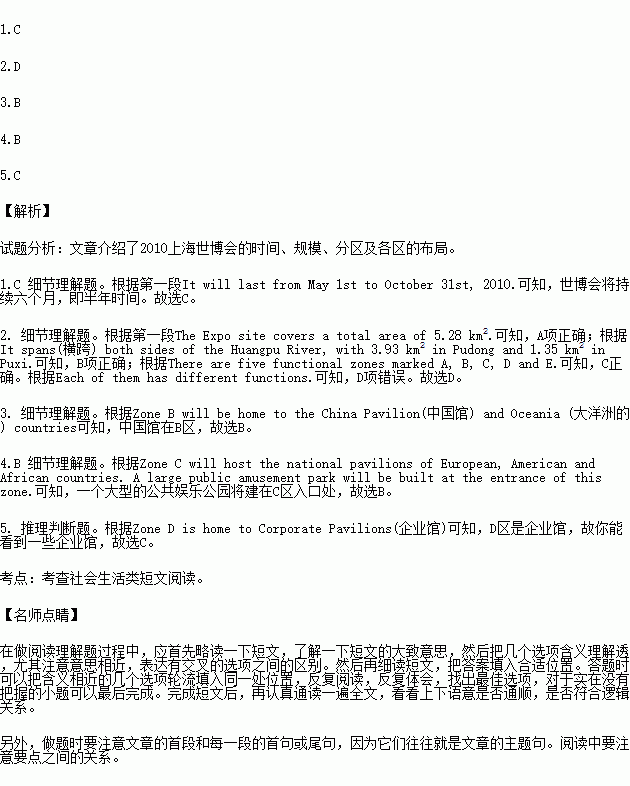题目内容
World Expo 2010 will be held in Shanghai. It will last from May 1st to October 31st, 2010. The Expo site covers a total area of 5.28 km2. It spans(横跨) both sides of the Huangpu River, with 3.93 km2 in Pudong and 1.35 km2 in Puxi. There are five functional zones marked A, B, C, D and E. Each of them has different functions.
Zone A will host the national pavilions(国家馆) of Asian countries except southeast Asian ones.
Zone B will be home to the China Pavilion(中国馆) and Oceania (大洋洲的) countries, Pavilions for International Organizations, Theme Pavilions(主题馆), Expo Centre, and Performance Centre etc.
Zone C will host the national pavilions of European, American and African countries. A large public amusement park will be built at the entrance of this zone.
Zone D is home to Corporate Pavilions(企业馆), the land is one of the original places of modern China's national industry. So some of the old industrial buildings will be kept and renovated(修复) into Expo pavilions.
Zone E will host stand-alone(独立的) Corporate Pavilions, Urban Civilization Pavilion (城市文明馆), and Urban Best Practices Area.
1.How long will World Expo 2010 last?
A. About four months.B. About five months.
C. About half a year.D. About a year.
2.Which of the following is not true according to the passage?
A. The Expo site covers the area of 5.28 km2.
B. The Expo site spans both sides of Huangpu River.
C. There are five functional zones marked A, B, C, D, and E.
D. All of the five zones have the same functions.
3.Which zone will be home to the China Pavilion?
A. Zone A.B. Zone B.C. Zone C.D. Zone D.
4.They will build ________ at the entrance of Zone C.
A. a large museum
B. a large public amusement park
C. a theme pavilions
D. a large garden
5.If you visit Zone D, ________.
A. you can visit Urban Best Practices Area
B. you can know some information of American national industry
C. you can find some Corporate Pavilions
D. you can have the chance to get to know some Oceania countries.
 培优口算题卡系列答案
培优口算题卡系列答案 开心口算题卡系列答案
开心口算题卡系列答案 口算题卡河北少年儿童出版社系列答案
口算题卡河北少年儿童出版社系列答案
